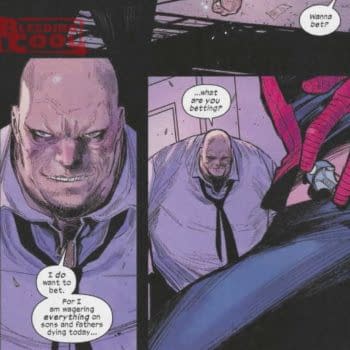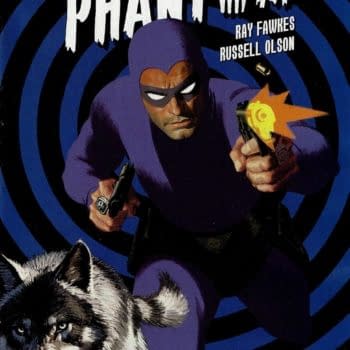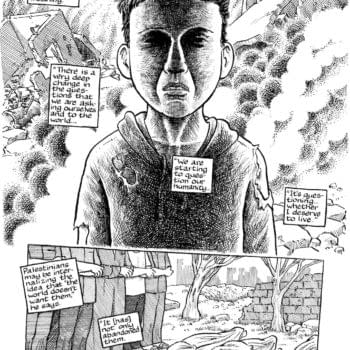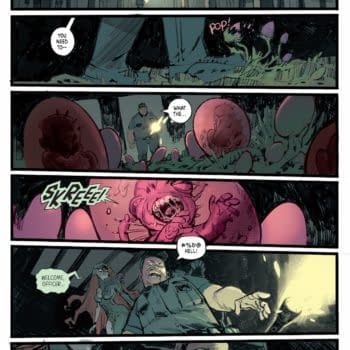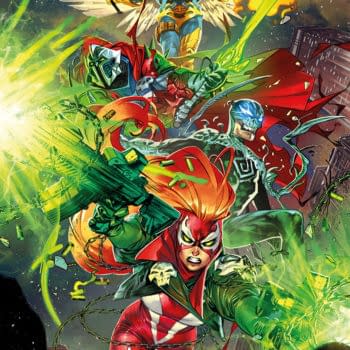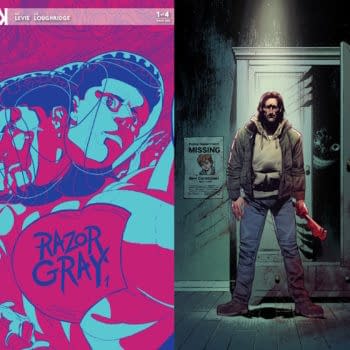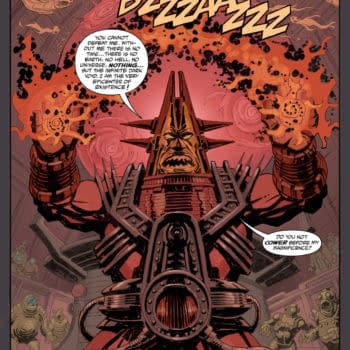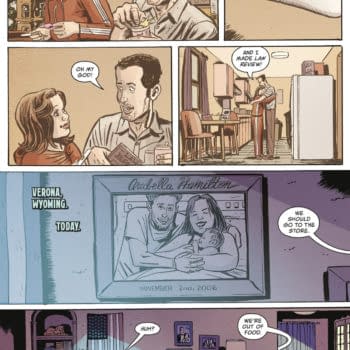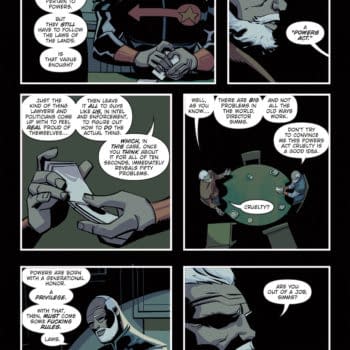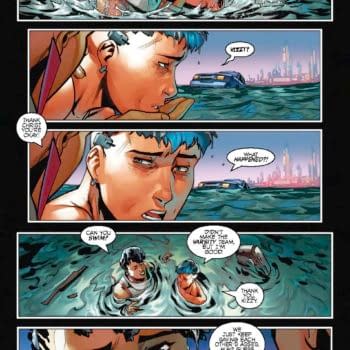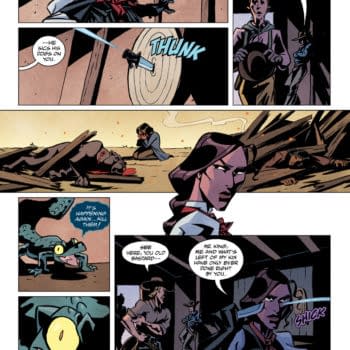Posted in: Comics | Tagged: boom, Comics, creator owned, image, Mark Millar, mark waid, robert kirkman, ross richie, steven grant, Tony Moore, walking dead
Writer-Owned? Or Creator-Owned?

Grant declined to comment, but encouraged people to speculate as they wish and invited Waid to contact him directly.
A few years long back, Mark Millar said in an interview with Den Of Geek.
"I want to set the standard by making it 50-50 in terms of cash and producer credits. It's not that I think I'm a good guy for doing it, just that you're a bad guy if you don't!"
"I think anyone who doesn't split the rights equally is stupid, because they're putting off the big artists, and they'll never work with them again. I think in the next year there are some projects that I know of that are going to become big, get picked up as movies or TV shows, and the artists aren't going to see much money while the writer makes a fortune.
Nobody's talking about it yet, but I think it's going to be a big scandal."
The scandal didn't happen then, though there have been some shots over the bow since. Such as this Twitter discussion between Rick Remender and Cory Walker in the light of the Walking Dead case over the ownership of Strange Girl.
Because, yes, Tony Moore sued Robert Kirkman over the rights to The Walking Dead, a case now happily settled. If that had gone to court, a number of people were wondering where that might lead for other comics.
Image Comics is known for being a creator-owned publisher. But a number of those titles are writer-only-owned books, and the difference isn't always made clear outside of the indicia. Ben Templesmith has happily talked about Ten Grand being a work for hire gig for him that he's pleased with. Artists work for limited runs on tiles on a good page rate and on a project they feel satisfied with. But people who buy creator-owned comics believing they are… for want of a better phrase…. "creators-owned comics" may be concerned.
It could be time to have that conversation… and maybe time to make that distinction. Already, it's hard to describe Vertigo titles as creator owned given the contracts the writers and the artists sign.
Writer-owned, artist-owned, creators-owned or creators-participant? Is it a distinction that matters to you?






